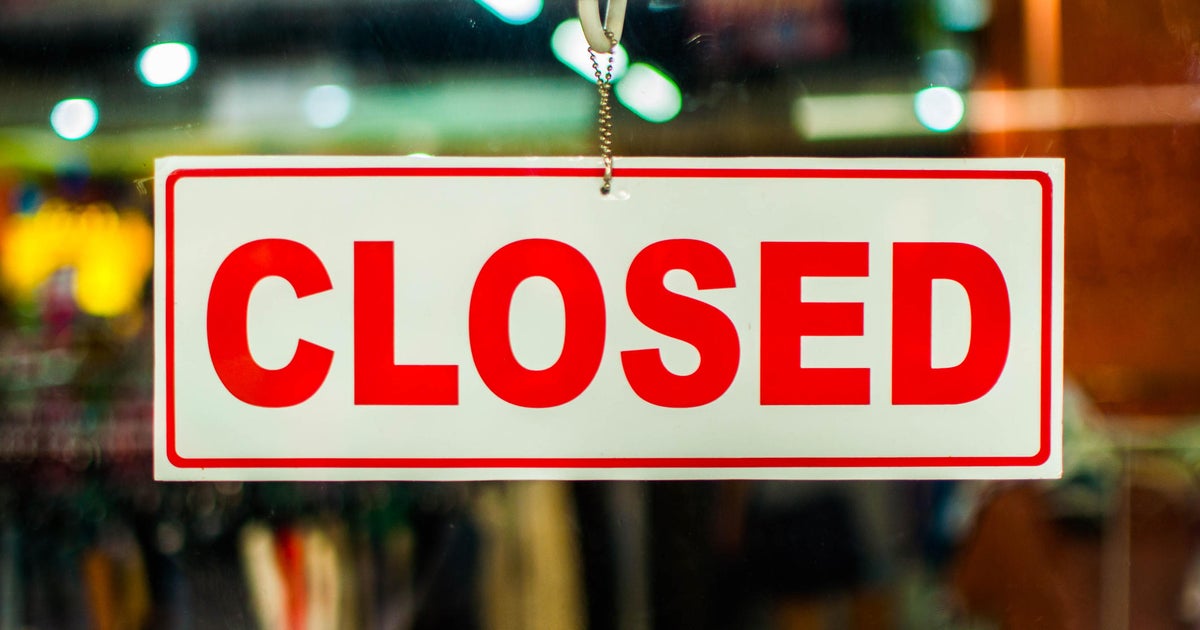White House To Evaluate Florida's So Called 'Don't Say Gay' Law
MIAMI (CBSMiami/AP) - The Biden administration plans to keep a close eye on Florida's Parental Rights in Education law, dubbed by critics as 'Don't Say Gay', when it's implemented to evaluate whether it violates federal civil rights laws.
The White House had previously criticized the measure and President Joe Biden, a Democrat, has called it "hateful."
The measure was signed into law by Gov. Ron DeSantis on Monday. It goes into effect on July 1st.
U.S. Secretary of Education Miguel Cardona called it part of a dangerous and disturbing trend across the country.
The law forbids instruction on sexual orientation and gender identity in kindergarten through third grade, or in a manner that is not age-appropriate or developmentally appropriate for older students.
"This is inappropriate for kindergarteners and first graders and second graders, parents do not want this going on in their schools," said DeSantis before he signed the bill.
Secondly, the law ensures that at the beginning of every school year, parents will be notified about healthcare services offered at the school with the right to decline any service offered.
The law also states that whenever a questionnaire or health screening is given to our young students, parents receive it first and give permission for the school to give it to their child.
Parents will be able to sue districts over violations.
WATCH: Gov. DeSantis Parental Rights In Education Bill Signing
DeSantis said the protections for parents are needed.
"Now in Florida, we found at least six school districts that had policies to cut parents out of decisions regarding their child's well being and to shield them from knowing about various forms of mental health services, Broward, Hillsborough, Miami Dade, Palm Beach, Sarasota, and Volusia counties," he said.
"Martin County also had a gender transition plan that can be implemented without the parents' consent," he added.
The legislation has drawn intense criticism from LGBTQ advocates, students, national Democrats, and the entertainment industry.
The Walt Disney Company, one of the largest employers in the state, issued the following statement
"Florida's HB 1557, also known as the 'Don't Say Gay' bill, should never have passed and should never have been signed into law. Our goal as a company is for this law to be repealed by the legislature or struck down in the courts, and we remain committed to supporting the national and state organizations working to achieve that. We are dedicated to standing up for the rights and safety of LGBTQ+ members of the Disney family, as well as the LGBTQ+ community in Florida and across the country."
Disney, a powerful player in Florida politics, has suspended its political donations in the state.
"I don't care what corporate media outlets say. I don't care what Hollywood says. I don't care what the corporations say. Here I stand, I'm not backing down," said DeSantis.
Republican Rep. Joe Harding, who sponsored the measure, and other GOP lawmakers in Florida have argued that parents should be broaching these subjects with their children, rather than educators. It would not bar spontaneous discussions of sexual orientation and gender identity in schools but instead is intended to prevent districts from integrating the subjects into official curriculum, Harding and supporters have said.
Critics argue the measures marginalize LGBTQ people. And LGBTQ students like Felix Francis say it will cause more harm than good.
"This bill is entirely about the youth, and we need to realize that this is going to put them that far worse than what they're intending," Francis said.
Francis is particularly concerned about students being outed to their parents prematurely and adds lawmakers are not looking at the full picture
"Their perspective is not fully encompassing those who have a different experience than them," said Francis. "As a trans person myself, I calmly and respectfully urge them to reconsider."
Democrats have said the bill's language, particularly the phrases "classroom instruction" and "age appropriate," could be interpreted broadly enough that discussion in any grade could trigger lawsuits from parents and therefore could create a classroom atmosphere where teachers would avoid the subjects.
Statewide, the bill has sparked a swell of protests and student walkouts.



